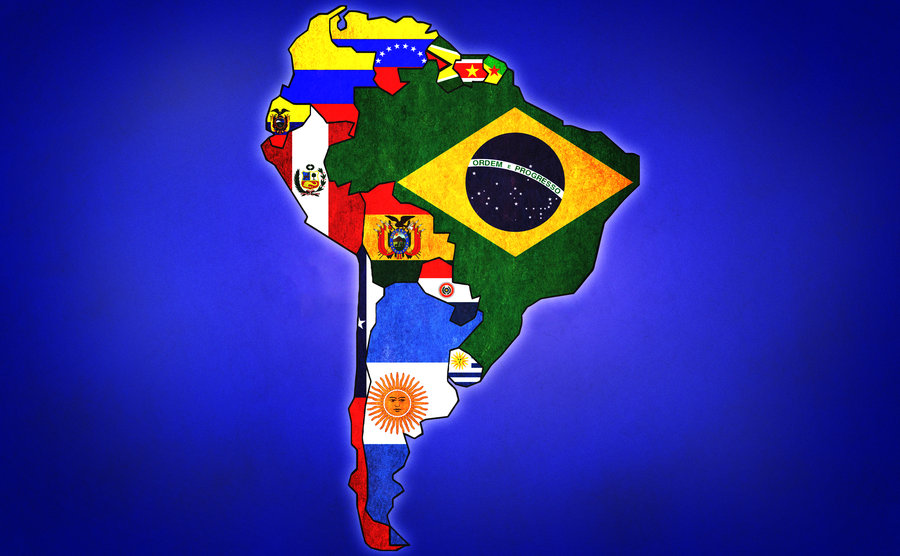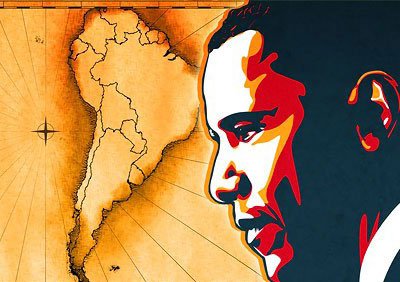
Last week Colombia announced its withdraw from the Union of South American Nations (USAN or UNASUR in Spanish) by denouncing its treaty with full effect in 6 months. This news came after the decision of Argentina, Brazil, Chile, Peru, and Paraguay, to provisionally suspend their membership of the organization back in April. All these States accused the organization of being an accomplice of the Venezuelan dictatorship and thus justifying its suspension or retirement of the entity.

The UNASUR Constitutive Treaty was signed on May 2008 and entered into force on March 2011 with 12 members (Argentina, Bolivia, Brazil, Chile, Colombia, Ecuador, Guyana, Paraguay, Peru, Suriname, Uruguay, Venezuela) and 2 observers (Mexico and Panama). The goal of the community was to create a space for integration on the cultural, social, economic, political and commercial aspect as a first step of a much bigger integration that included a unified passport, a parliament and a single currency; completely inspired on the European model.
UNASUR was Hugo Chavez’s dream at the time and as the left was rising in South American, the majority of its States adhered to it as a way to counter the power of other States like the USA. Nevertheless, as the situation in Venezuela worsen, the right wing (in some cases extreme) started to win elections in South America, for example Argentina, Colombia and Paraguay, causing the start of the end of UNASUR. Accordingly, UNASUR is now left with only half of its original members, and it’s currently blocked without a Secretary General since January 2017, situations that considerably diminish if not destroy, the dream of an integrated South America.
Although is true that various organizations with a goal of integration exist already in South America, like the Andean Community (CAN) and Mercosur, they are solely based on an economic interests with no plans of moving forward like UNASUR was planned to evolve.
So the questions are: if Europe did it, with its various languages and cultures barriers, why South America or even Latin-America can’t? If we share the same language (except Brazil) and very similar cultural, educational and social traits, what is stopping us? When are we going to realize that there is strength in numbers? There’s no answer, and meanwhile the dream of integration with UNASUR will continue to crumble and even lead to bankruptcy, due to, in a paradoxical matter, the legacy of Chavez.
The chances are that something like USANUR will surely not repeat itself in years, because of the political inability of most of the South American presidents to look pass the political differences between them, even in the Trump era, when Latin-America should unite itself the most.








